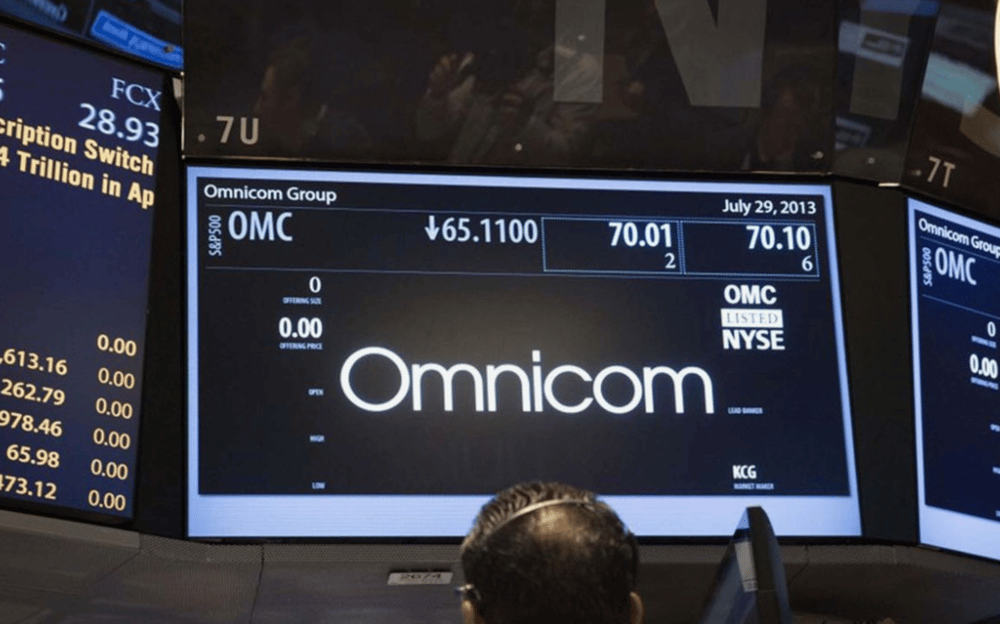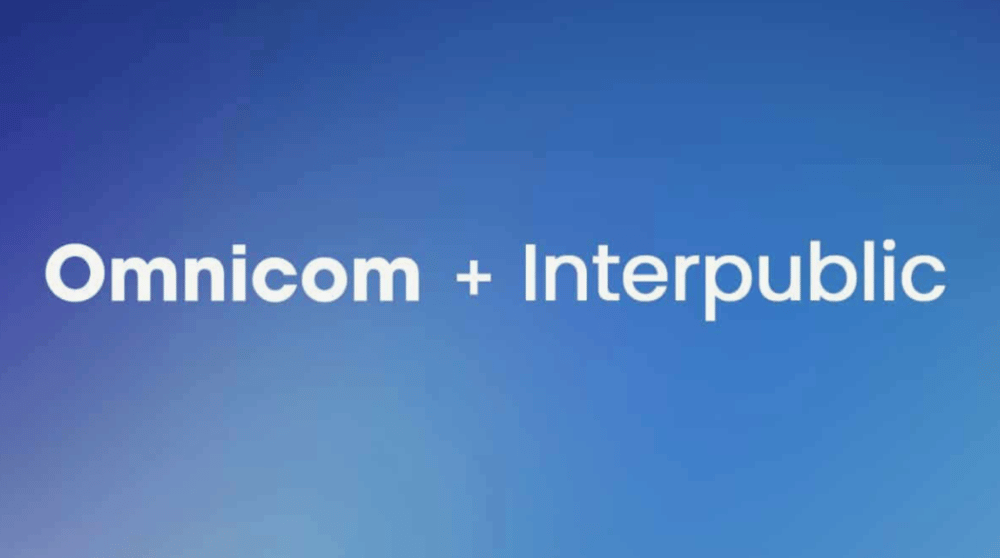Omnicom’s $13.5B Merger with Interpublic Clears FTC Hurdle Under Strict Political Neutrality
In a landmark decision for the global advertising and media landscape, the U.S. Federal Trade Commission (FTC) has conditionally approved Omnicom Group’s $OMC proposed $13.5 billion acquisition of its primary competitor, Interpublic Group $IPG. The ruling allows the consolidation of two of the world’s largest advertising agencies, provided the new entity refrains from engaging in politically motivated ad placement practices. The regulatory approval marks a significant antitrust precedent under current enforcement trends and signals evolving standards for mergers in sectors that influence media and public discourse.
Strategic Implications of the Omnicom–Interpublic Merger
The conditional approval by the FTC is both a green light and a stern warning. As advertising agencies wield increasing influence over digital content distribution, regulators are sharpening their focus on how market consolidation could amplify control over the flow of political information. The FTC’s stipulation—prohibiting the combined company from entering into agreements that steer advertising dollars based on political content—aims to prevent potential ideological bias in media monetization.
From a corporate strategy perspective, the merger will create a behemoth with unmatched global reach in creative services, data-driven marketing, and media buying power. However, the operational freedom of the combined entity will be limited by the FTC’s behavioral remedies. This creates a nuanced challenge for Omnicom and Interpublic as they navigate the post-merger integration without breaching regulatory constraints or losing competitive edge in a volatile media ecosystem.

Key Facts at a Glance
Deal Size: $13.5 billion acquisition of Interpublic by Omnicom
Regulatory Body: U.S. Federal Trade Commission (FTC)
Condition: No politically biased ad placements or agreements influencing publisher revenue based on political content
Sector: Advertising, marketing communications, media buying
Leadership Context: Enforcement aligns with FTC Chairman Andrew Ferguson’s approach to antitrust, seen as supporting political neutrality in corporate influence
Market Impact: Affects U.S. and global advertising ecosystems; implications for media monetization strategies
Market Reaction and Industry Feedback
The markets responded cautiously but positively to the FTC’s decision. Omnicom Group shares rose modestly in after-hours trading, reflecting investor optimism over regulatory clarity. Interpublic Group stock also gained ground, signaling confidence in the strategic and financial synergies projected from the merger.
Industry analysts interpret the FTC’s political content restriction as a signal of regulatory activism that could reshape content monetization models in the long term. Some commentators view the move as part of a broader anti-consolidation trend, while others highlight the political undercurrents influencing regulatory priorities—particularly the FTC’s emphasis on ideological neutrality in advertising ecosystems.

Key Takeaways
Political Neutrality Clause: The merger may proceed only under the condition that it excludes politically motivated ad placement practices.
Regulatory Precedent: This decision sets a potential framework for future media and advertising M&A activity under politically sensitive scrutiny.
Consolidation Scale: The Omnicom–Interpublic merger would create a global powerhouse with dominant share in creative, data, and media services.
Strategic Limitations: The behavioral restrictions could constrain monetization flexibility and necessitate robust compliance mechanisms.
Market Confidence: Investor reaction has been tentatively optimistic, though long-term impacts will depend on execution and further regulatory developments.
Significance of the FTC’s Conditional Approval
The FTC’s conditional clearance of Omnicom’s acquisition of Interpublic signals a new phase in merger oversight, particularly for industries shaping public discourse. While the deal consolidates significant market power under one banner, it also embeds a normative regulatory expectation—that market actors in the advertising space remain politically neutral in their monetization and content placement strategies.
For stakeholders, this represents both opportunity and constraint. Omnicom and Interpublic now have a rare chance to redefine global advertising standards, but must tread carefully to avoid the regulatory and reputational fallout of violating politically sensitive terms. The decision underscores the intersection of market consolidation, corporate responsibility, and political regulation in today’s economy.















Comments
Moves like this reinforce the urgency for companies to stay ahead in an automation-first environment